(ECNS) --In the latest "W.E. Talk", Martin Jacques, a British journalist, editor and world-leading expert on China joined the exclusive interview by Peng Dawei from China News Service.
He said that to understand the success of China's development, we must understand the characteristics of Chinese civilization since China is not just a nation-state, but a civilization state, with many thoughts deeply rooted in Confucianism. He pointed out that Westerners have been brought up to essentially believe their way of doing things is the exemplar for the rest of the world, while there is no serious attempt in the West to understand how human rights operate in China.
Mr. Jacques also criticized the "pathetic" behavior of U.S. politicians' stigmatizing China's efforts in battling the pandemic.
Here's an excerpt of the dialogue:
Peng Dawei: Do you believe that the success of China is rooted in its political system or in its unique political leadership?
Martin Jacques: I don't think either of those actually explain China's success. I would say China's rise is also associated with its historical performance over a very long time. You got to ask deeper questions like what is it about Chinese culture, and Chinese society that has enabled this to happen.
And we should remember Fukuyama's theory on China's political system, stating that this country displays more continuity than any other country in the world. In other words, if you trace the underlying characteristics of the governing system in China, since Qin Dynasty, it's remained surprisingly or maybe predictably, very similar. The Communist Party has been the governing force in China since 1949. But even during this period, you can still see these very powerful lines of continuity with the imperial period, the dynastic period of China.
Now, on the question, specifically, I think that you obviously need very good political leadership. And I think China has had extremely good political leadership over a long period. Mao Zedong recreated China, reconstituted China in a form that enabled what has happened since that period to happen. Then you have Deng Xiaoping. Deng, in my view, was an extraordinary leader of China. He knew that China needed a very different kind of economic and political strategy. He had a remarkable impact on China and the world.
China's system worked extremely well by creating a governing class and a governing leadership, which has been extremely capable. Starting with 1978, to the present, it’s by any historical standards extraordinary what it's managed to do. And for a party to be extraordinarily successful, like the Chinese Communist Party, it will have to keep reproducing itself. Now it's been very good at this so far. The Chinese leadership has way outperformed the American leadership in this regard.
Peng Dawei: Joe Biden mentioned the mission of the U.S. troops in Afghanistan is not nation-building, but, to my understanding, the Communist Party has been all about nation-building to prevent China from becoming a battlefield of warlords. So do you think it is the role of the party that makes China so different? What's your opinion, if you compare it with any of its regional neighbors?
Martin Jacques: I think that's obviously very important. I don't think that's the only reason. I mean China has had a very long existence. Truly, it's been divided at times, very important times, but basically the extraordinary thing about China, is it's huge and it stayed together. This is an extraordinary historical fact about China. And so, this to me, is about leadership, but it's also about the culture.
In this era, there's no question that the Chinese Communist party has been extraordinary. And there's no question in my mind that this era is probably the best era China's ever had in its history. But you know, it stands on the shoulders of a long history. And I think the achievement of the Chinese Communist Party lies in its efforts to find a way of governing China, of relating to the history of China.
It is also attributed to the characteristics of Chinese civilization, because China is not just a nation state, it's a civilization state. If you don't understand that, I don't think you really understand anything about China. And the Chinese Communist Party has been so far, very successful in this respect.
Peng Dawei: Let’s talk about misunderstandings about how China successfully fought the coronavirus. Last time we discussed a little bit about Confucianism, and the role of nation in the Chinese context, which is quite different from that of Europe. Do you think the West really needs more background knowledge to understand China in this sense?
Martin Jacques: Yeah well. I would say the West does not understand China. It makes precious little attempt to try to understand China. And it tries to understand it in the present context but doesn't attempt a deeper understanding of it. Because Westerners have been brought up to essentially believe their way of doing things is the exemplar for the rest of the world and the Western paradigm is superior to all others.
Take a really controversial issue as an example, like human rights. There's no really serious attempt in the West to understand how human rights operate in China. Within the West, I mean there's simply a total different tradition and this really goes back a long time, probably most importantly, to Confucius. In Confucianism, the individual is not taken as a center. It stresses the concept of the group. The individual only has a meaning in the context of the group and society. This is utterly different. It is the opposite in the United States. It is not completely opposite to European countries, but it's very different, still.
I think most of the argument circles around this question of a projection of a Western way of thinking onto China. That means they don't really need to understand China. They just want China to "Do it like us".
When it came to the pandemic, the first reaction was to condemn China. It’s really a shameful exercise of diversion and distraction.
Then how did China succeed so well? Firstly, the government had a very good, clear strategy. Secondly, this is something never discussed in the West that amongst the Chinese people, there was a very powerful tradition and sense of social cohesion and social solidarity. It goes back to Confucius and runs deep in the Chinese side. That's why they did so well. And that's why the United States, for example, did so badly, because you know they don't have that sort of concept.
Peng Dawei: Why do the White House and United States, the politicians, all attack China on the origin of the virus. I think it is kind of being weaponized as a tool to attack China. It’s nothing about science. It’s nothing about real research. It's only rhetoric at this point.
Martin Jacques:I think it's an attempted diversion. They need to cover up the fact that they performed so abysmally and China has performed so well. This is an international relation crisis for the West and so. They really got nothing, they've got no shots in the locker, except, for example, to go back to the origins question. I think it's truly pathetic, the way that Western governments and media handle it and so on. It's not all of them, but too many of them have played this game.
You've got to draw the conclusion, I think, from this period of history, that Western governance is in big trouble. It's a straightforward test of governance. And the West has failed, while China succeeded. So the consequence of all this is that the West can no longer easily boast about itself.
Peng Dawei:The CPC has recently celebrated the 100th anniversary of its founding. So, what's your opinion about the 100 years during which the CPC has led China to great rejuvenation and what role has the party been playing in the process?
Martin Jacques: This achievement is the achievement of all Chinese people. Everyone in China has made a contribution to this. But of course, to do something like this, you need extremely good political leadership. And the Chinese Communist Party has been a remarkable leader of China. To go from where they were in 1949 or in 1978 to where they are now, is incredible, in my view. The Chinese Communist Party in the modern period, at least is the most successful political party in the world. I think communist parties have been getting stuck, getting bogged down, losing their way, and eventually disintegrating, which happened, of course, in the Soviet Union. But the Chinese Communist Party has been extraordinarily good at reinventing itself and regenerating itself and thereby also reinventing China. There are no guarantees in political leadership. You have to keep moving with the times and always anticipate possibilities. Of course, Chinese culture is very good at this. And the Chinese Communist Party inherited that way of thinking ahead.
Deng Xiaoping made two great reforms. Subsequently many people thought it's like Westernization. No, to the contrary, it was not Westernization. They created a system which was quite new, different, unique and remarkably successful. They integrated themselves with the world.
It was a confident way of thinking, because you're competing with the capitalist world when you open yourselves up to capitalists, which were much richer and better educated at the time.
Peng Dawei: Last time you told me about your reading of China's common prosperity nowadays, what's your take on this issue?
Martin Jacques:I think this is a very interesting development. I think it's sort of confounding Western thinking. They're not sure exactly what to make of it because they're so congenitally sinophobic at the moment. The initial reflex action is to be negative about it. But the problems that China is confronted with, in this context, are exactly the same problems in the way the West is confronted.
Take the question of inequality for example. Now, inequality is a huge problem in the United States, but also everywhere more or less in Europe. It's grown steadily in the neoliberal era since 1980. And so China is trying to find ways of tackling it, trying to find ways of confronting it. So it is with the problem of the Internet. Every parent that I know, including myself when my son was younger, worried about how much screen-time he should allow during the day. These are real problems. And they really need to be addressed and they really need solutions.










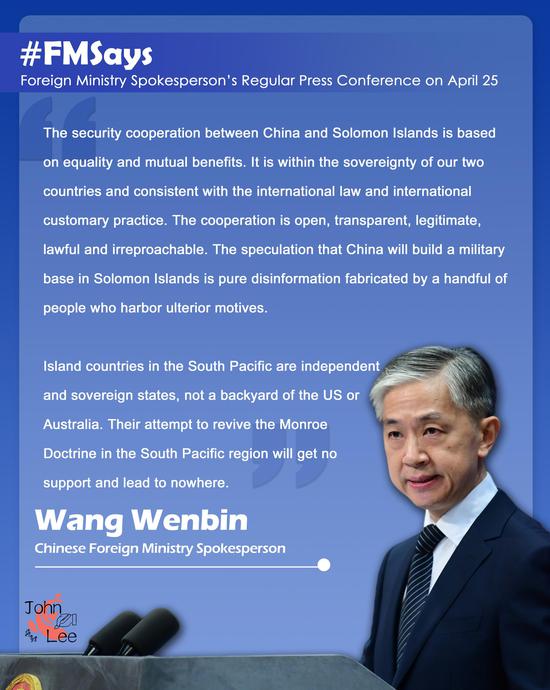
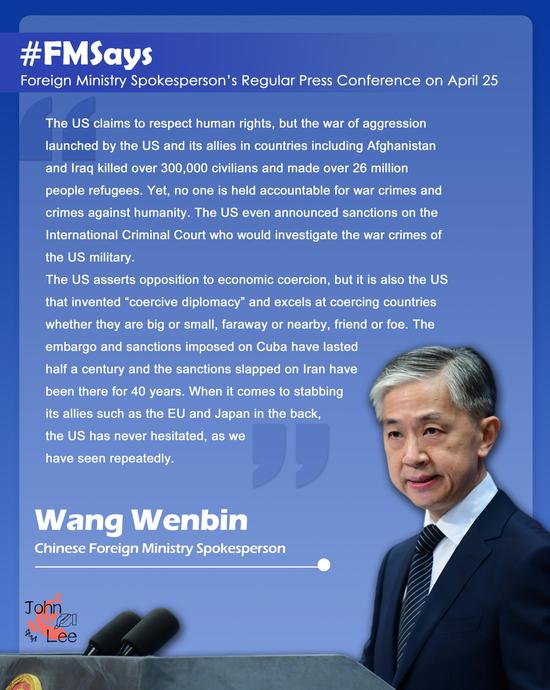
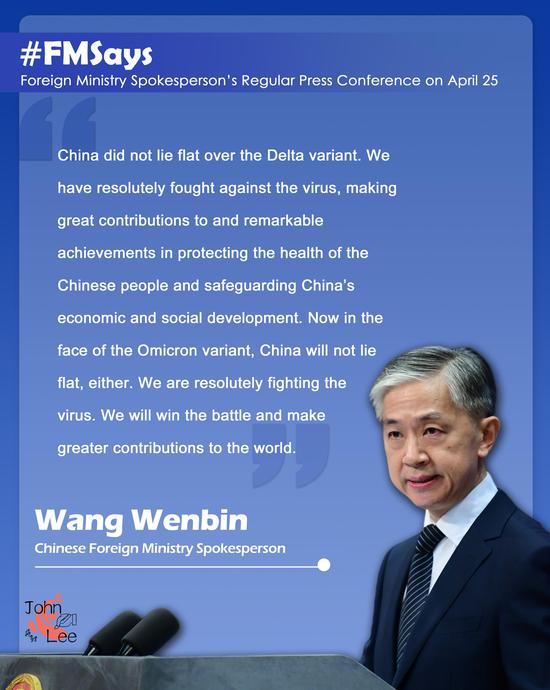


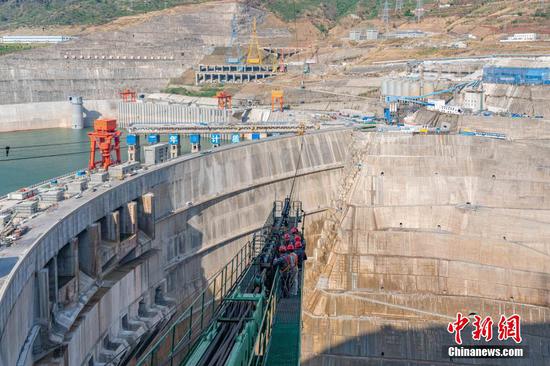







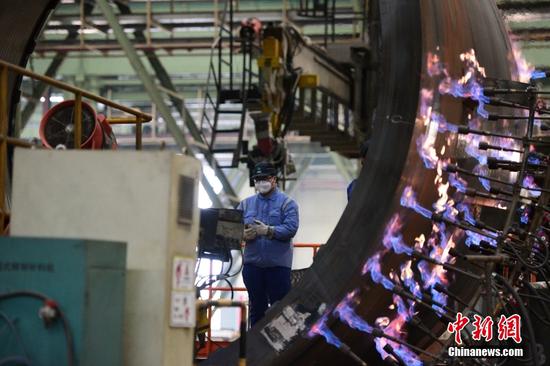


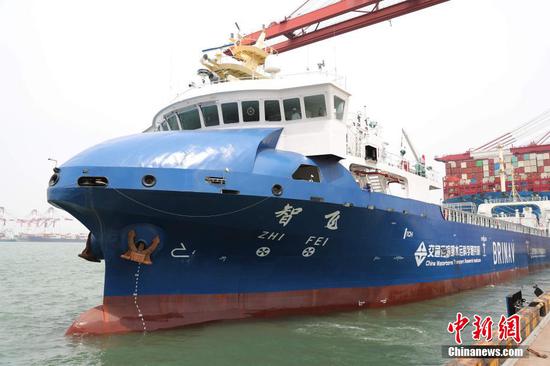





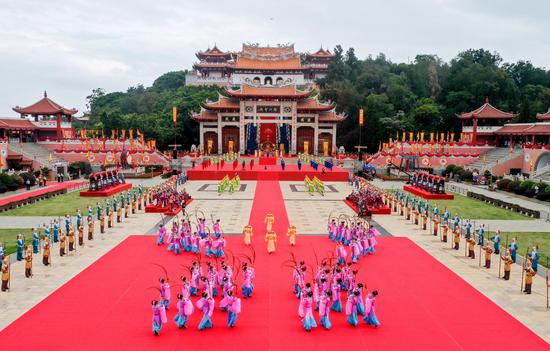
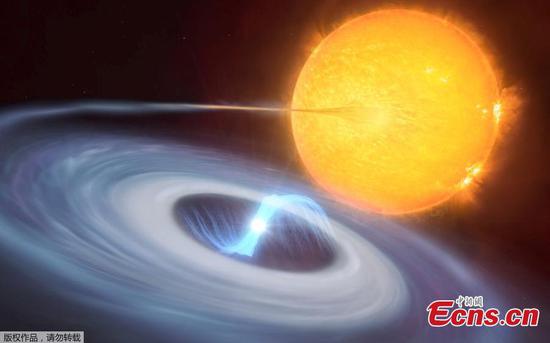



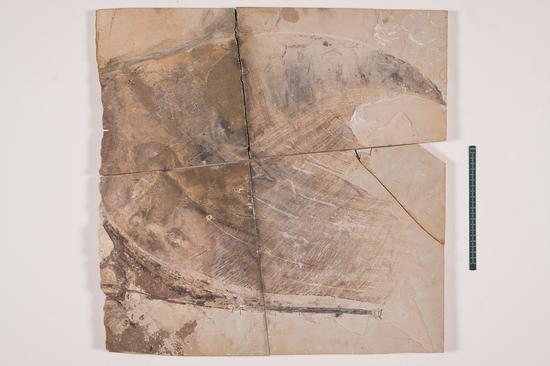
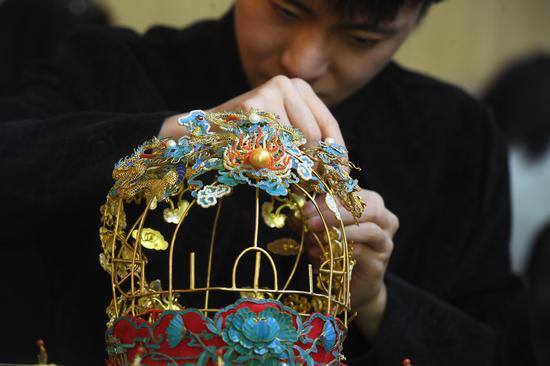


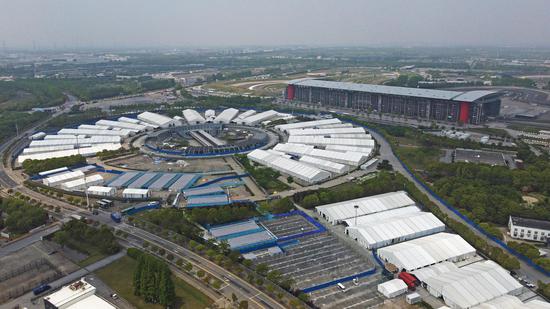


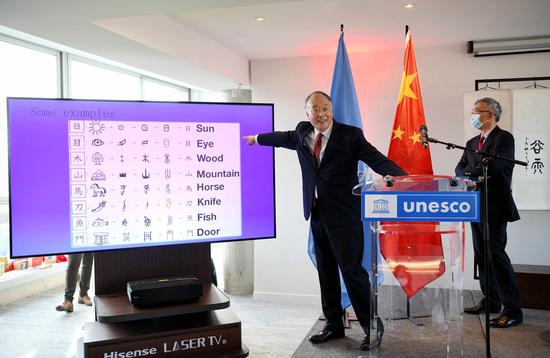





 京公网安备 11010202009201号
京公网安备 11010202009201号